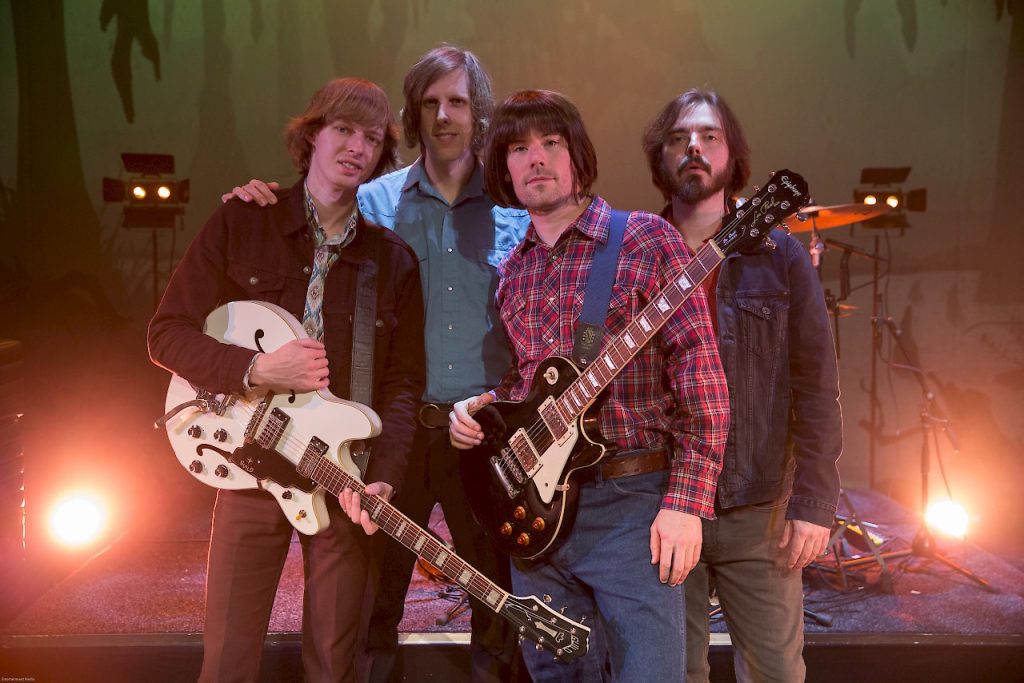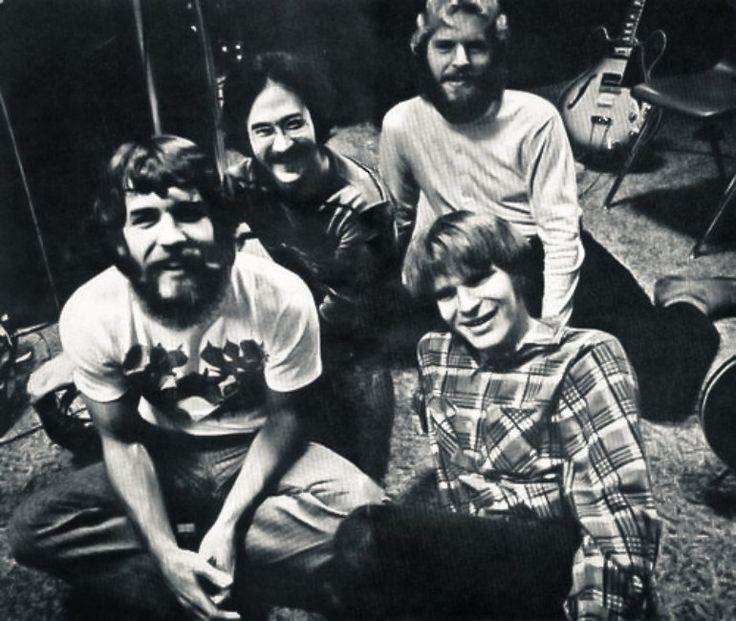
Illuminating the Night: The Legacy of “The Midnight Special”
In the tapestry of classic rock history, few songs resonate with the profound simplicity and cultural significance of “The Midnight Special” by Creedence Clearwater Revival (CCR). Released as part of their 1969 album, Willy and the Poor Boys, this track captures a unique moment in time, intertwining folk traditions with the burgeoning spirit of rock and roll. For many older listeners, it serves as a nostalgic bridge to an era when music was not just heard but felt deeply within the soul.
The origins of “The Midnight Special” trace back to African American folklore and prison songs from the American South, particularly those sung by inmates in Texas prisons during the early 20th century. The song’s narrative is centered around a mythical train—the Midnight Special—that brings freedom and hope to those who hear its whistle blow. This imagery is powerful; it speaks to a universal longing for liberation and redemption, themes that are timeless and resonate across generations.
When CCR released their rendition of “The Midnight Special,” it was more than just a cover; it was a revitalization of a storied piece of American musical history. The band’s frontman, John Fogerty, had a knack for infusing traditional sounds with a modern twist, making them accessible to the youth of the late 1960s while preserving their historical roots. This ability to transcend eras is part of what makes CCR’s music so enduring.
Upon its release, “The Midnight Special” did not chart as a single but became one of CCR’s beloved tracks through album play and live performances. The song’s impact, however, extended beyond conventional metrics like chart positions. It became an anthem for those yearning for change amidst the turbulent social landscape of the 1960s and 70s—a period marked by civil rights movements and widespread calls for societal reform.
Musically, “The Midnight Special” stands out with its upbeat tempo and infectious rhythm—a hallmark of CCR‘s sound that blends swamp rock with Southern blues influences. The opening guitar riffs are unmistakable, setting the stage for Fogerty’s raw and emotive vocals that tell a story as old as time itself. His voice carries a sense of urgency and authenticity, inviting listeners into a shared experience of hope and resilience.
The song’s underlying message is one of optimism against adversity. It suggests that no matter how dark the night may be, there’s always the promise of dawn—a sentiment that resonates deeply with audiences who have lived through life’s trials and tribulations. For older listeners, these themes may evoke personal memories—perhaps recollections of listening to CCR on vinyl records or attending live concerts where the band’s energy was palpable.
Creedence Clearwater Revival managed to encapsulate the spirit of their era while also paying homage to their musical predecessors. Their version of “The Midnight Special” honors the legacy of folk traditions while presenting them in a way that feels fresh and relevant. This duality is part of what keeps CCR’s music alive today; it offers both familiarity and newness, allowing each generation to discover something unique within their songs.
For those who grew up during CCR’s heyday, “The Midnight Special” might conjure images of long drives under starry skies or gatherings with friends where music served as both backdrop and focal point. It’s a song that invites reflection—on past journeys, on struggles overcome, on moments shared under the vast canopy of night.
In conclusion, “The Midnight Special” by Creedence Clearwater Revival is more than just a track on an album; it is an enduring piece of musical heritage that continues to inspire and uplift listeners across ages. Its themes remain relevant because they touch upon fundamental aspects of human experience—hope, freedom, and the eternal quest for light amidst darkness. As we listen today, let us remember not only the song itself but also what it represents: a timeless reminder that even in our darkest hours, we are never truly alone.
